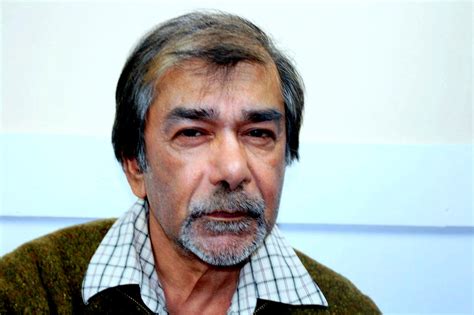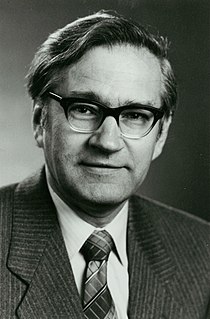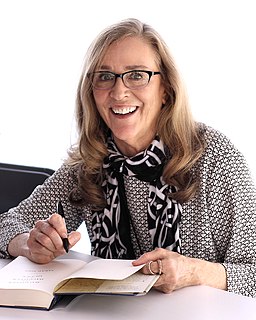A Quote by Rabindranath Maharaj
Immigrants use the library often. A lot of them don't have access to books and Internet at home. They seem so disconnected to the city.
Related Quotes
A university is a reading and discussion club. If students knew how to use the library, they wouldn't need the rest of the buildings. The faculty's job, in great part, is to teach students how to use a library in a living way. All a student should really need is access to the library and a place to sleep.
Kids not only need to read a lot but they need lots of books they can read right at their fingertips.They also need access to books that entice them, attract them to reading. Schools...can make it easy and unrisky for children to take books home for the evening or weekend by worrying less about losing books to children and more about losing children to illiteracy.
Children have to have access to books, and a lot of children can't go to a store and buy a book. We need not only our public libraries to be funded properly and staffed properly, but our school libraries. Many children can't get to a public library, and the only library they have is a school library.







































